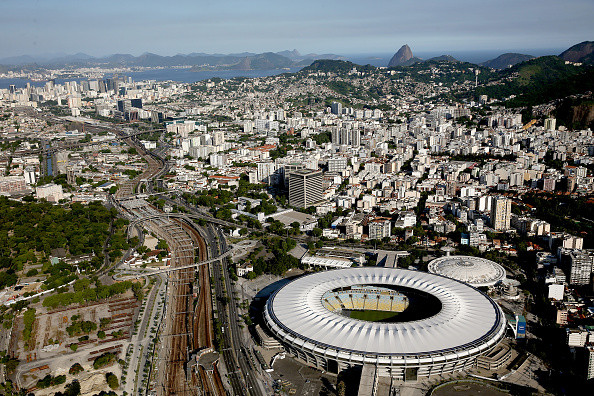Rio Olympics 2016: Teams must pay for mosquito screens to prevent Zika virus

The buzzword around the Rio Olympics has centered on the Zika virus, with athletes concerned about a potential outbreak. To combat this, the organising committee for the August Olympics in Rio de Janeiro has said it will provide mosquito screens in athletes' rooms but this will be charged, with national delegations expected to pay for it.
"The screens, one measure Brazilians are using to ward off the mosquito that is the primary transmitter of Zika, will be installed in communal areas 'where required' but only affixed to lodging if national delegations decide to pay for it," said Philip Wilkinson, a spokesman for the Rio 2016 organising committee.
The committee did not say how much the screens would cost or what type they would use. Low-end screens attached to the windows with Velcro can cost as little as $15 (£10.81) while more rigid and durable screens can cost over $100.
A number of athletes have expressed reservations about travelling to Brazil due to the Zika virus, with the country reporting more than 4,000 cases of microcephaly so far. Microcephaly is a condition that causes abnormally small heads in infants and can lead to developmental problems.
The World Health Organization has already declared the Zika virus outbreak as a global emergency. The WHO director, who visited Brazil earlier in the week, said this should not affect international travel nor prevent a successful Olympics from being conducted in Brazil.
The Brazilian authorities, too, have assured the national federations that all precautions will be taken, with major tourist spots and locations being inspected daily during the games to ensure there are no puddles or breeding grounds for the mosquitoes. Officials said doctors have reported more than 6,000 cases of Zika virus in Rio since January, with as many as 1.5 million people infected across the country.
© Copyright IBTimes 2025. All rights reserved.





















